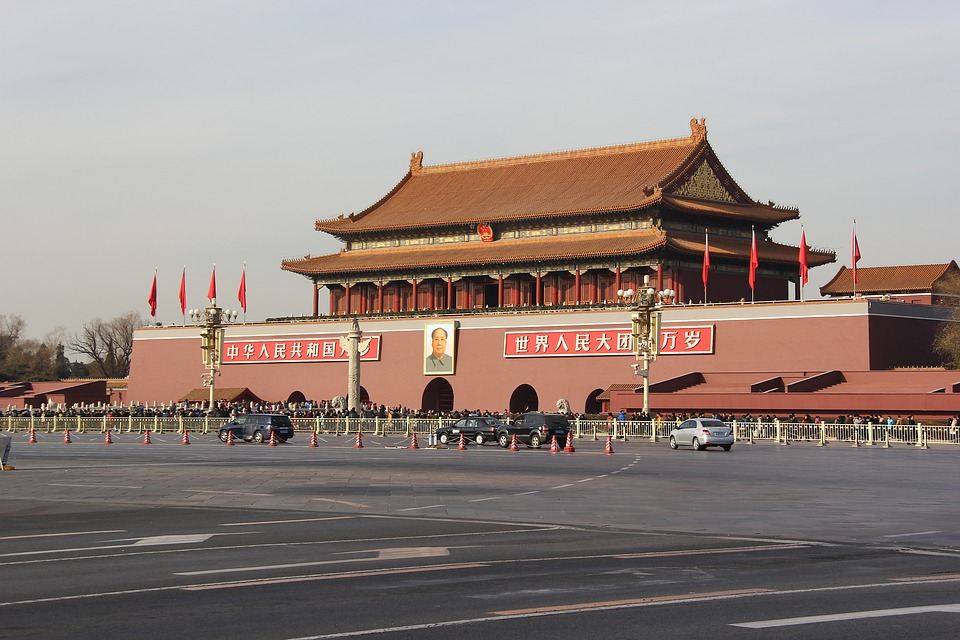By Jetson Leder-Luis
The Global Anticorruption Blog’s Jetson Leder-Luis explores how Chinese President Xi Jinping is cracking down on political corruption.
China’s broad anticorruption drive, spearheaded by President Xi Jinping, has been making splashy headlines over the last five years. The scale of this effort has been huge, with hundreds of thousands of Chinese Communist Party (CCP) officials punished in the first half of 2017 alone, and recent reports of nearly a million officials under supervision as of December 2017. Yet while China’s anticorruption efforts have been met with some qualified praise from the beginning, many critics have been troubled by signs that the anticorruption crackdown is being used for political purposes. These purposes include consolidating President Xi’s power, particularly in light of rule changes that allow him to serve indefinitely, and also protecting the CCP’s reputation (see, for example, here and here). And because so many top Chinese officials have been involved in some kind of illicit activity (perhaps because in the current system bribery and patronage is essential to advancement), selective enforcement of anticorruption and related laws could allow President Xi to take out anyone sufficiently disloyal or threatening.
A recent example of the political considerations of the anticorruption campaign is found in the story of Guo Wengui, a Chinese billionaire currently residing in the US. Guo has been the target of Chinese anticorruption enforcement efforts, including diplomatic pressure on the US to repatriate him to China. While Guo may well have engaged in shady business dealings, it’s likely that China is targeting him primarily because Guo— who has extensive insider information on top Chinese officials due to his past business relationships—exposed corruption at the top of the Chinese leadership. Guo has even implicated Wang Qishan, China’s Vice President and former top anticorruption official, in corruption and nepotism. While the allegations against Wang are unproven, Guo leveled similar accusations against Wang’s predecessor, He Guoqiang, and those accusations turned out to be true.
Chinese officials have gone after Guo aggressively: In April 2017, China issued an Interpol Red Notice (a request for international arrest and extradition) for Guo, and in September 2017, China asked a set of international banks to freeze Guo’s assets. That same month, Guo petitioned the US for asylum. In April 2018, it was reported that China is considering repatriation of Guo as a condition of the controversial new US-Chinese trade talks, and that Guo’s repatriation was being pushed by a high-profile Republican Party donor. Incredibly, one of the major factors preventing Guo’s extradition thus far appears to be his membership at Trump’s Mar-a Lago-Club.
Whether or not the allegations against Guo are true, China stands to lose a lot from its aggressive pursuit of Guo, especially given the perception that the Chinese government’s motives have more to do with punishing Guo for accusing senior CCP officials of wrongdoing than with Guo’s alleged offenses. China’s anticorruption efforts rely on international cooperation both from international banks and Western governments. Because so many Chinese officials and others implicated in corruption have fled the country, China has made extensive use of Interpol red notices, negotiated extradition deals, and other means to bring them back. While the United States has traditionally resisted Chinese attempts to extradite political fugitives, the US complied with these requests in 2015 and 2017, indicating a possibility for cooperation going forward. China could jeopardize this progress by appearing to abuse these tools to go after a political opponent, reducing the chances of international cooperation not only in this case, but in future cases.
By abusing anticorruption for political purposes, China may gain a reputation that thwarts its efforts, both in its current anticorruption drive and going forward. This would be unfortunate. After all, notwithstanding the concerns about political bias in Chinese anticorruption enforcement, the campaign is not merely a cynical political purge: China’s anticorruption efforts could be very beneficial to the country, promoting better governance and growth. China must balance its desire to use the international mechanism for political purposes with the ability to conduct legitimate extraditions for its ongoing anticorruption drive.
This blog was originally published on GAB | The Global Anticorruption Blog Law, Social Science, and Policy and was republished with permission.
Disclaimer: The ideas expressed in this article reflect the author’s views and not necessarily the views of The Big Q.
You might also like:

